Plugins are a major part of using WordPress and can easily add new functionality to your WordPress blog. From security to additional features there is a WordPress plugin for just about anything.
There are multiple ways to install a WordPress plugin so we have broken it down in the three simplest ways.
So let’s not waste any time and let’s jump in!
Video Tutorial
Don’t have time for an article? Watch this quick video showing you how to install WordPress plugins.
Don’t feel like watching a video? keep reading for all the methods to install WordPress plugins.
How to Install a WordPress Plugin from the Admin Dashboard
Firstly you have to login as the WordPress site administrator (admin). If you do not have the admin role you won’t see the option to add plugins in the WordPress sidebar. Check with who set up your WordPress site if you are not an admin.
To add plugin to WordPress just head to Plugins>add new in your WordPress dashboard sidebar.
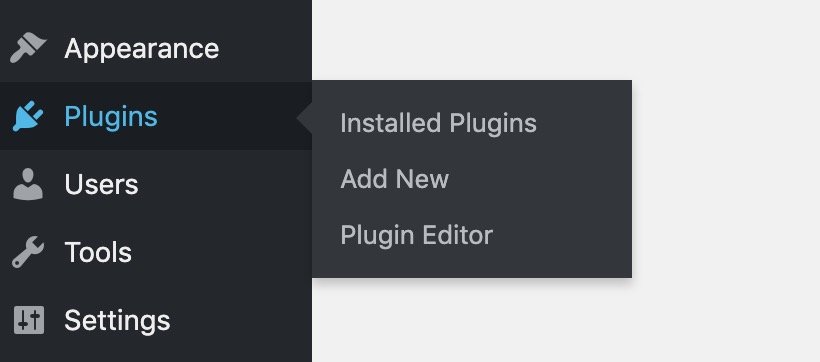
After clicking “Add New” you’ll see the WordPress plugin directory. Use the search on the top right to find a specific plugin then simply click Install Now to start the plugin installation.
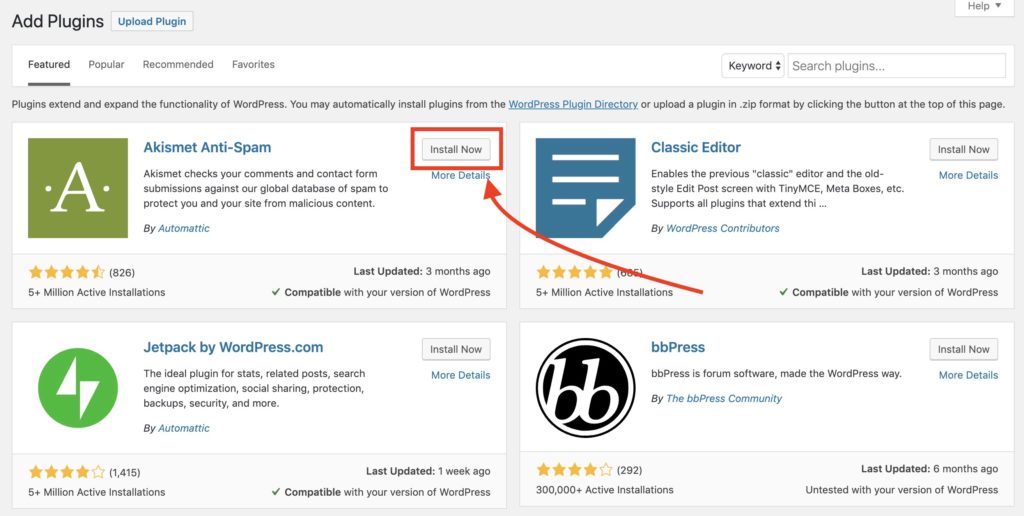
The plugin will take a few seconds to install then you can click Activate Now to enable the plugin on your website.
If you’d like to disable the plugin you can simply go to Plugins/Installed plugins to see what plugins you have enabled with the option to deactivate them.
How to Manually Install WordPress Plugin from a Zip File
Typically if you buy a premium/paid WordPress plugin you’ll have to install the plugin from a zip file. This is as simple as our previous method and can be done in the WordPress dashboard.
First you’ll need your zip file you’ll be uploading. In our example we’ll be using WP-Rocket. Whenever you download premium WordPress plugin they’ll give you a zip file.
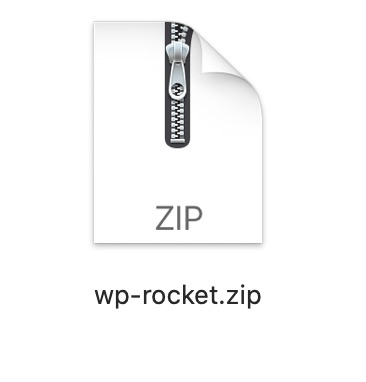
Now you’ll need login to your WordPress site and head to Plugins>add new.
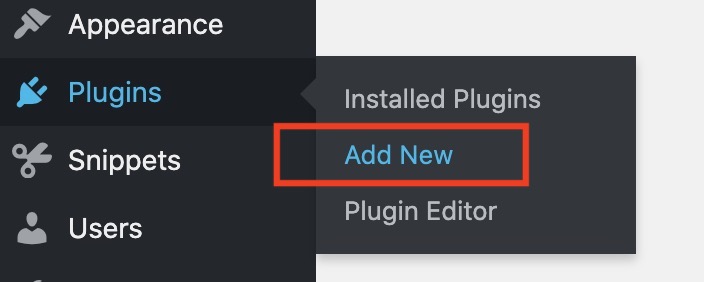
Once you’re on this page you’ll see an option to Upload Plugin on the top.

This will pop open a panel that allows you to select your zip file.

Select your zip file and click Install Now. After your zip file is uploaded the it’ll take you to a page to activate your plugin.
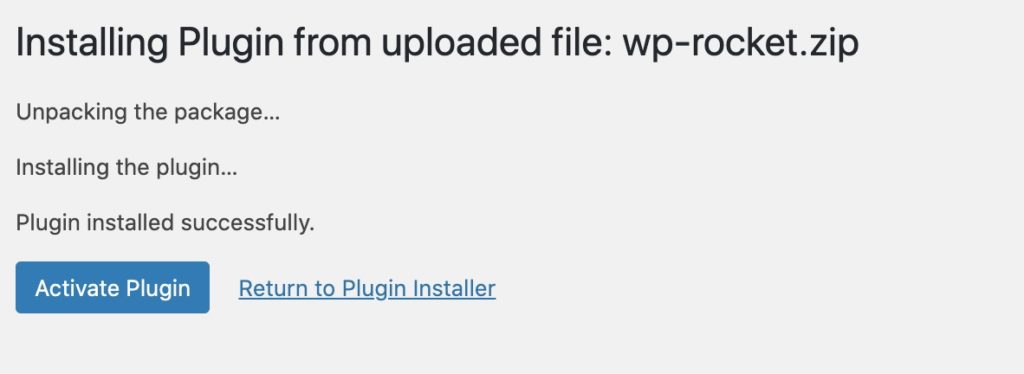
After clicking Activate Plugin your new plugin will now be active on your WordPress site.
How to Install a WordPress Plugin via FTP
Before uploading a plugin to your WordPress site with FTP you’ll need to know your FTP credentials. If you don’t know your FTP login contact your web host to get your FTP login information.
First you’ll need to download a plugin you wish to install. In this example we will be downloading AutoListicle from the WordPress.org plugin repository.
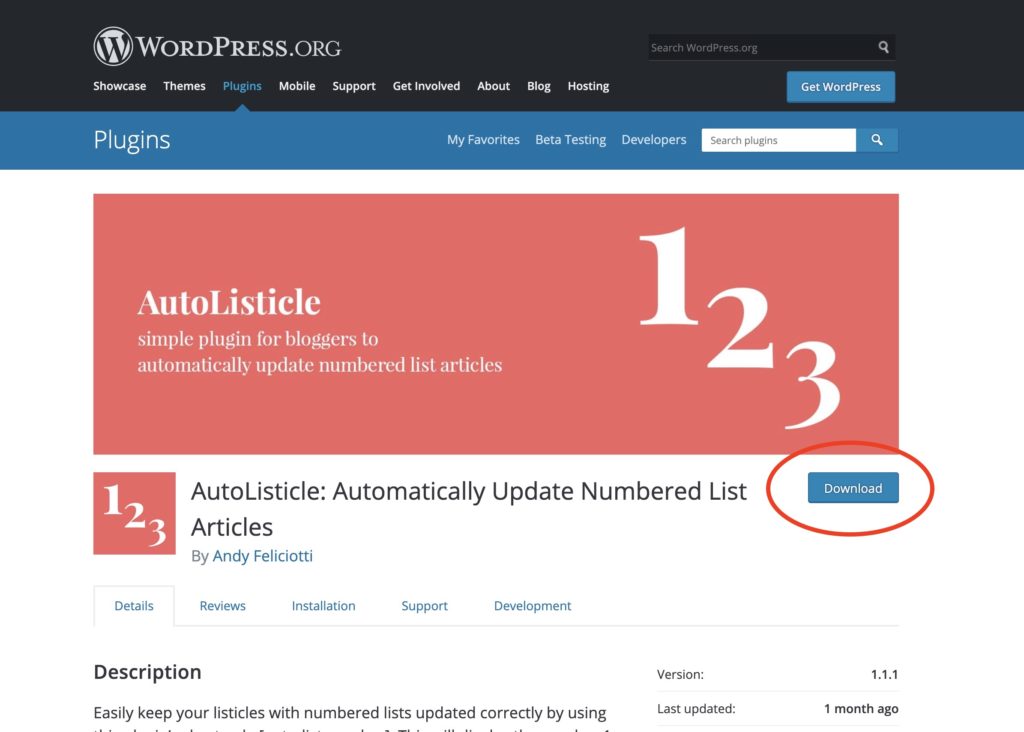
Once you click download WordPress.org will give you a zip file that you’ll need to unzip. Once the file is unzipped you’ll have your plugin in a folder.
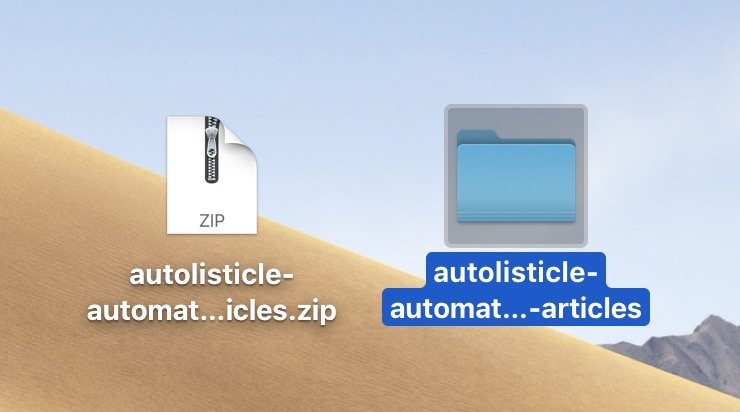
Now that you have the WordPress plugin as a folder it’s time to login to your server.
With your FTP credentials log into an FTP client like Cyberduck (Free for Win/Mac).
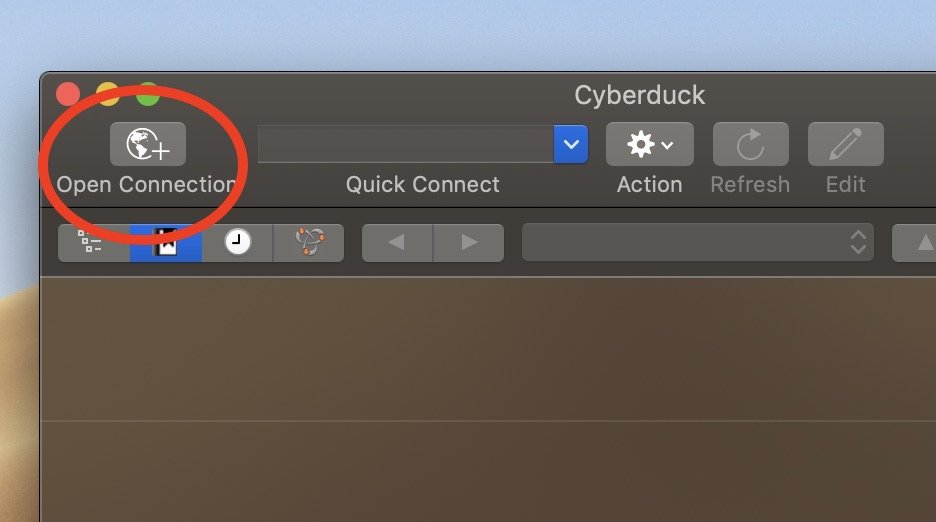
Once you’re logged into your server head to wp-content>plugins this is where WordPress stores all of your plugins.
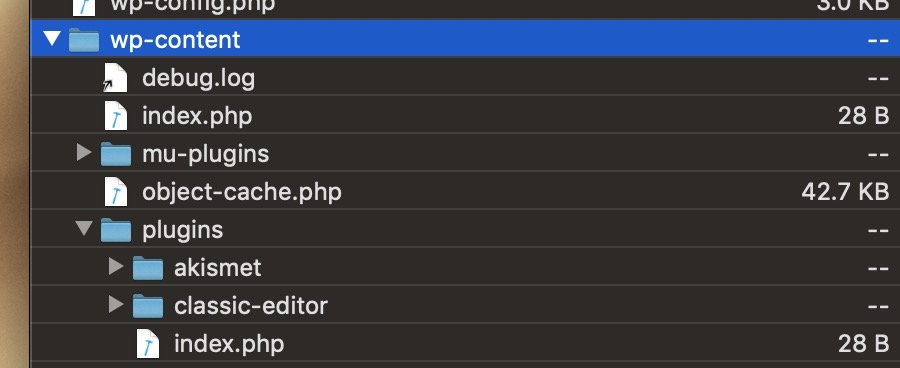
After you find your /wp-content/plugins folder simply upload the folder you have unzipped into that folder.
This can typically can be done by dragging the folder into the FTP client.
Once your folder is done uploading to the wp-content/plugins folder you can activate the plugin. First you’ll need to login to your WordPress site as an admin.
On the left side of the dashboard you’ll see an item called “plugins”.
Here you’ll see the plugin unactivate where you can activate.
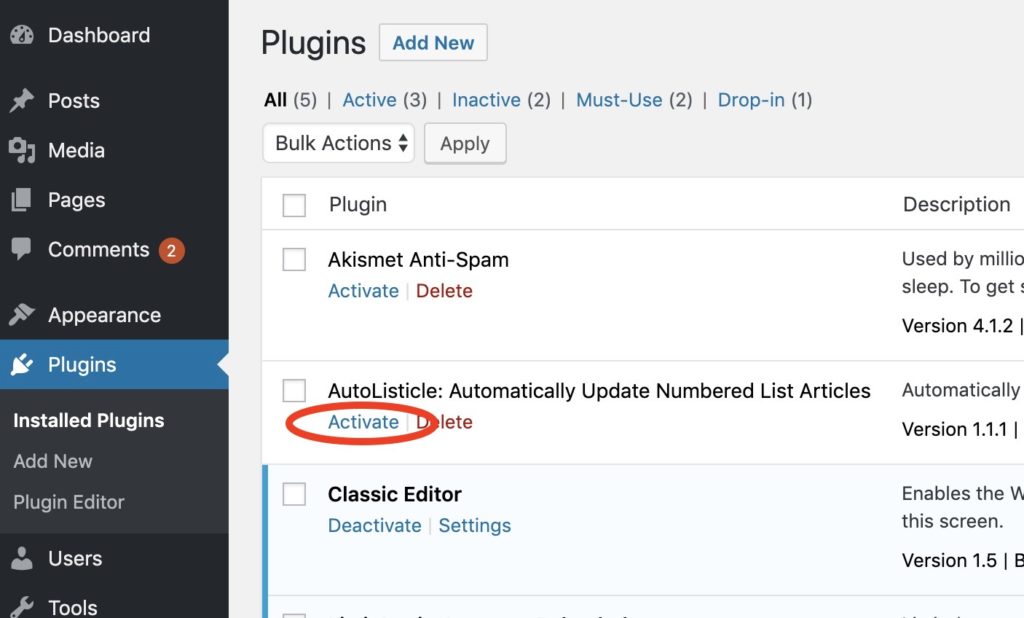
If you do not see your newly added plugin on this page double check that you uploaded your plugin files to the correct location. Additionally is the plugin isn’t showing up it could be a permissions issue, but if your web host is setup correctly that shouldn’t be an issue.
Just like that you’re now able to install WordPress plugins. Plugins are an essential part of using WordPress so I hope this tutorial was helpful. If you have any questions let us know in the comments below.
Looking for WordPress plugins to install?
Read: Curated List of the Best WordPress Plugins



One Response
WordPress plugins transform the site